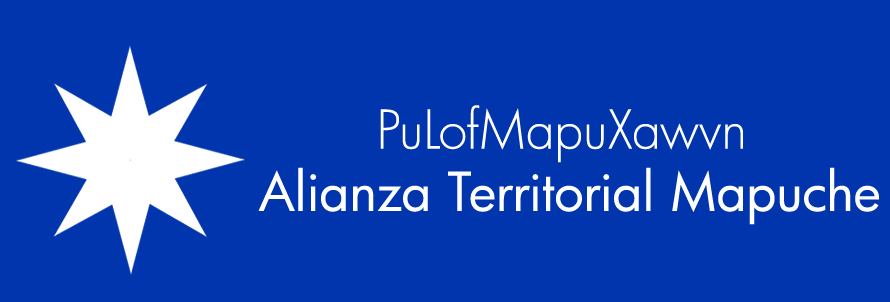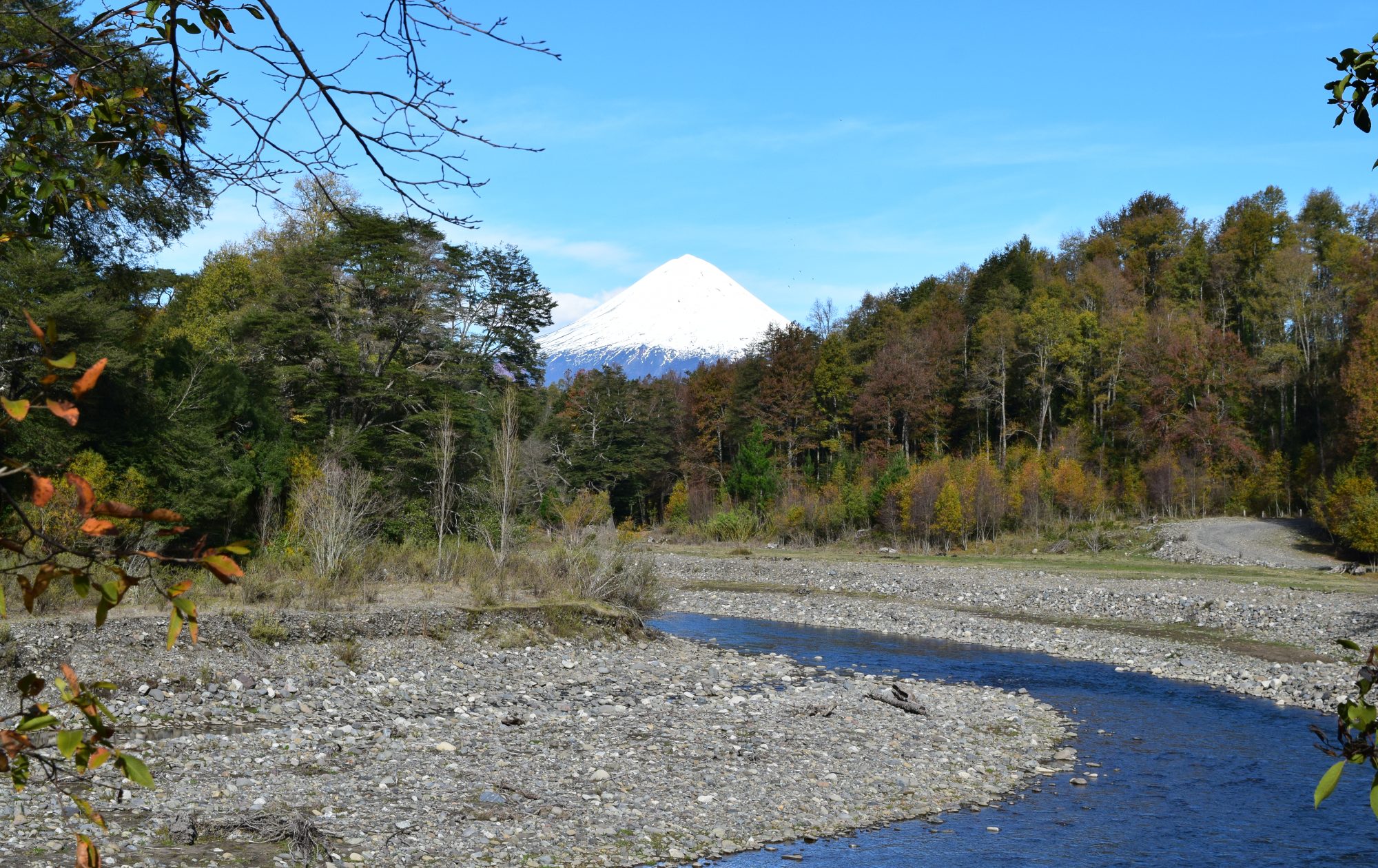Alianza Territorial Mapuche (ATM)

The Mapuche Territorial Alliance (ATM) is one of the grassroots organizations based on the ancestral territory of the Mapuche Nation in the south of Chile – the Gulu Mapu, or west side of the Andes. The ATM’s core mission is the full defence of Mapuche inherent rights, especially concerning the protection of the territory and the natural environment.
The collaboration with the ATM was of great help when identifying Mapuche communities experiencing different levels of conflict over access to land, and at the same time suffering from the impacts of climate change (e.g. water scarcity), and key actors in the field. Moreover, their network was of great value in establishing the first contact with the communities’ members to create rapport and build trust. This was particularly true in areas where outsiders are not welcome.
The main contacts were Mr. Miguel Melin and Mr. Alberto Curamil. Miguel is a Mapuche intercultural bilingual educator, activist, and former spokesperson for the ATM. He has extensive experience as a Mapuchezungun-Spanish teacher and has led several participatory projects with youth to revitalize the Mapuche language. He is also one of the intercultural researchers at the Indigenous Studies Institute so I could discuss my research on different occasions with him. Alberto is the spokesperson for the ATM, a community leader and traditional authority of the Curacautín area, Mapuche territory. He currently leads the opposition to the installation of hydroelectric power stations on several rivers across his traditional territory.
Hopefully, from this collaboration, the main product will be a document explaining in lay terms the results of this research. This document will be distributed among the research collaborators, in the different communities where interviews took place.
Instituto de Estudios Indígenas e Interculturales (IEII)

During the fieldwork associated with this research, I was a visiting scholar at the Indigenous Studies Institute – Instituto de Estudios Indígenas, which is a research unit at the University of La Frontera, in Chile. As part of this position, I had access to the archives of the Indigenous Documentation Centre – Centro de Documentación Indígena (CDI) – hosted by the Institute. This documentation centre has more than 10,000 bibliographic registries, comprising one of the largest indigenous archives in Chile. This was of great value to this research, as I am examining the historical evolution of the land tenure in the region, as well as the origins of the land conflict in the Mapuche territories. I also was assigned a space in the Institute where I was able to work during the days I was not in the field. This also presented me the opportunity to meet other researchers working in the Institute with whom I had very interesting and useful conversations.
By the end of this research project, producing a policy paper in collaboration with the Institute will be one of the outcomes of this collaboration. This paper will transfer knowledge gained through this research to policy decision-makers, especially those working on the extension of Decree 701, and the evaluation of Indigenous Law 19,253. In addition, the Institute develops outreach activities such as seminars and training on topics of institutional interest, which will provide additional opportunities to disseminate the outputs of this research to the Institute audience.
The contact for this collaboration was the director of the Institute, Natalia Caniguan Velarde, and she can be contacted at natalia.caniguan [at] ufrontera.cl
